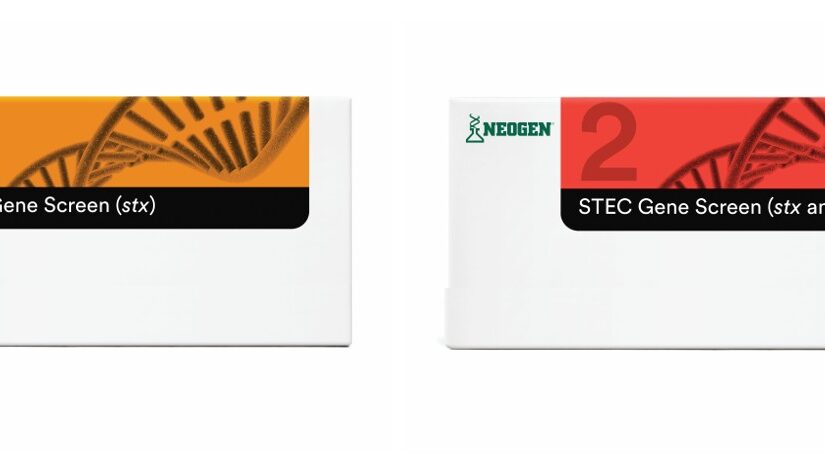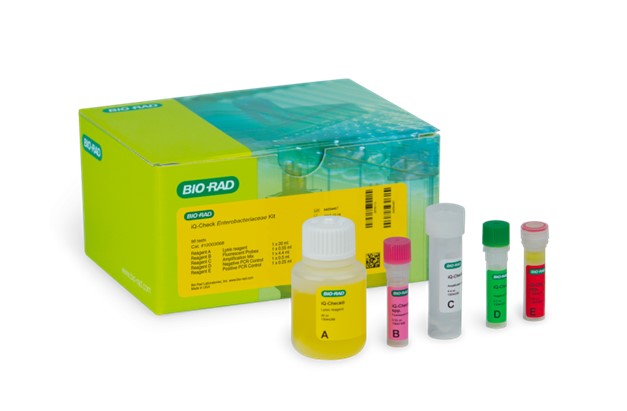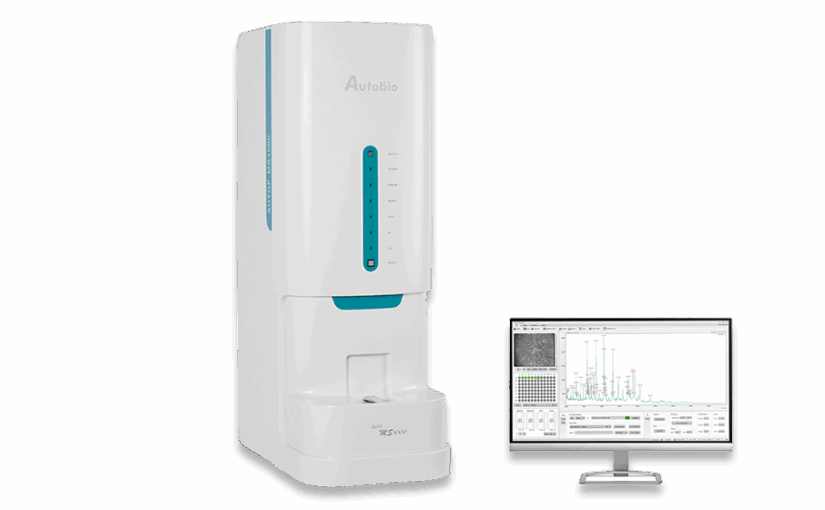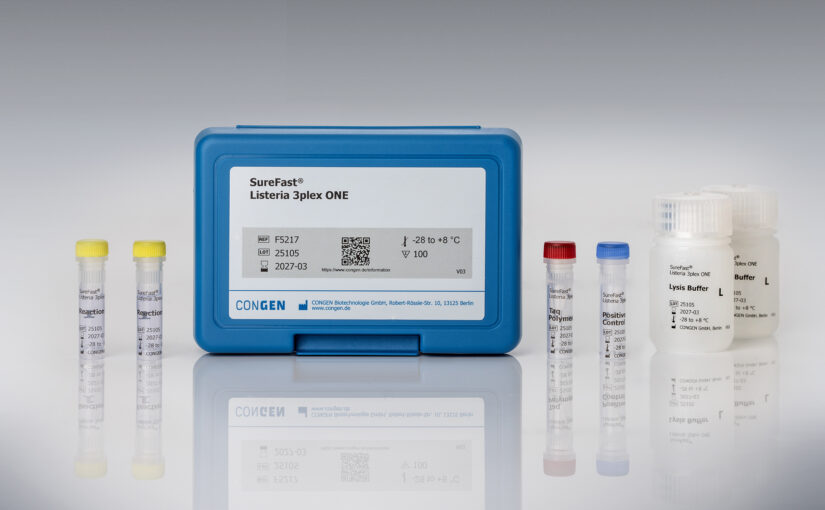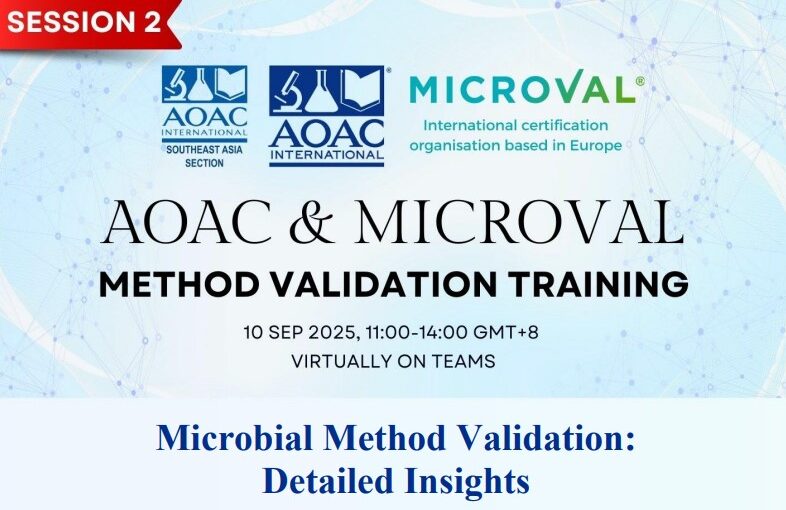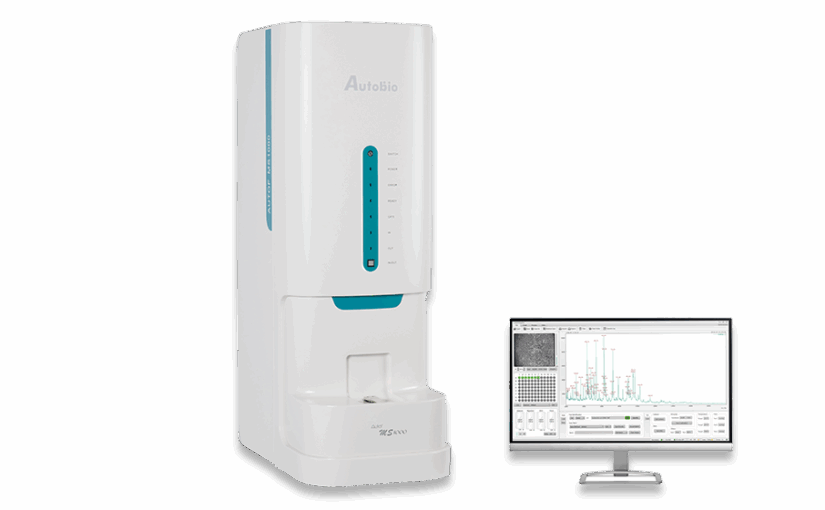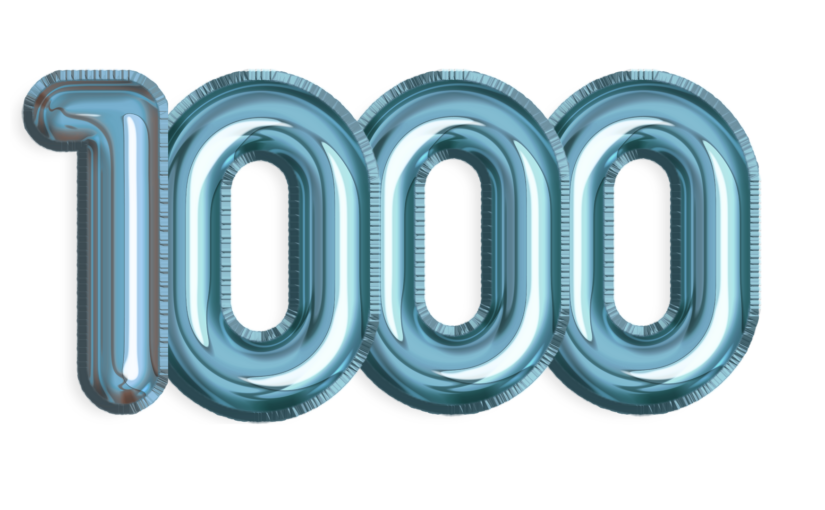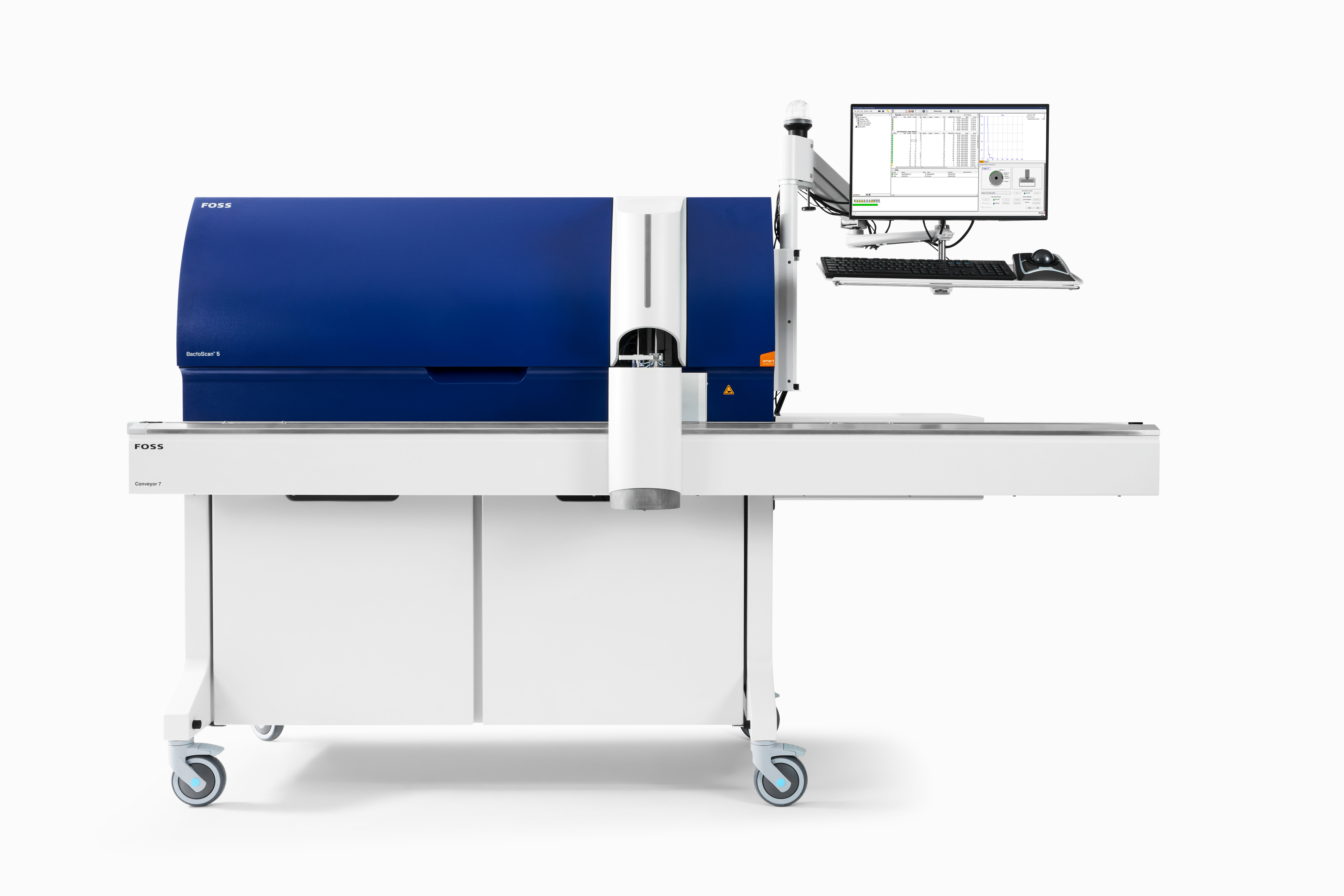New year, new journey. As we begin the first working week of 2026, MicroVal looks back on a year of progress, collaboration, and growth in 2025.
Team updates: In 2025, we welcomed Linda Li to the MicroVal team. We also extend our best wishes to Joost Witsenburg and Eric Kamst as they embark on new professional adventures, and we thank them sincerely for their valuable contributions to MicroVal. Following the departure of Joost Witsenburg, Suzanne de Jonge is currently serving as MicroVal Manager.
New MicroVal Member & Expert laboratory: We welcomed Sophie Jacquesson and Ben Bastin as new members of the MicroVal Technical Committee (MVTC). We look forward to their valuable contributions to MicroVal’s activities. In addition, Midwest Laboratories has joined MicroVal as an independent expert laboratory, bringing the total number of MicroVal Expert Laboratories to six. Midwest Laboratories will conduct MicroVal validation studies in accordance with the MicroVal validation scheme.
International presence: MicroVal strengthened its international engagement by participating in the AOAC INTERNATIONAL Annual Meeting in San Diego. This event provided a valuable opportunity to reconnect with colleagues worldwide. In addition, together with the AOAC Southeast Asia Section (AOAC SEA), and in collaboration with AOAC INTERNATIONAL, we delivered the 2025 AOAC & MicroVal Method Validation Training – Microbial Method Validation: Detailed Insights.
Key milestones: During 2025, fifteen MicroVal certificates were issued. Congratulations to all organisations on achieving certification. We also reached an important communication milestone, with 1,000 followers on LinkedIn, reflecting the growing interest in microbiological method validation, certification, and MicroVal’s role in this field.
Looking ahead, MicroVal remains committed to supporting the validation and certification of alternative (confirmation) methods for the microbiological analysis of food, beverages, and water, while continuing to collaborate with microbiological organisations worldwide.

